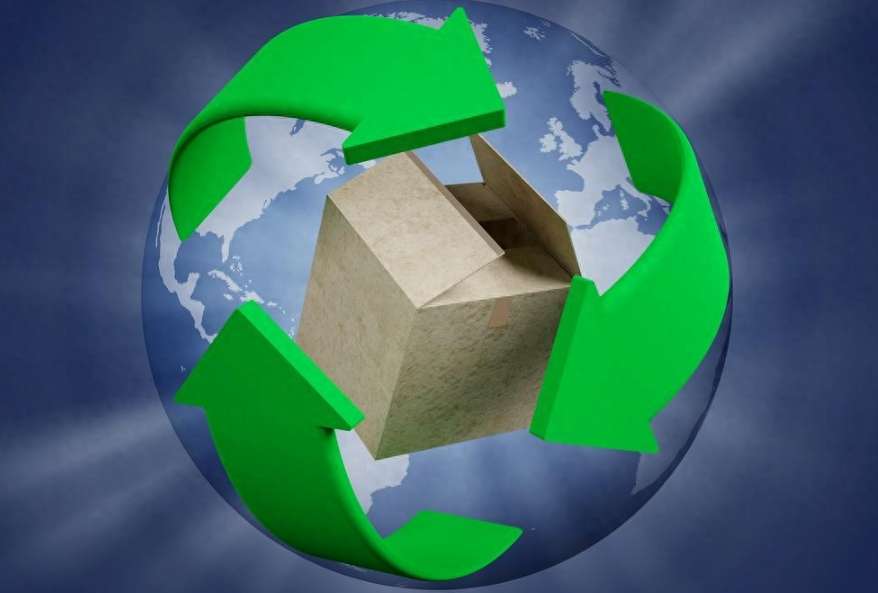Brazil in OPEC+: Reconfiguring Global Oil Power
Advertisements
On February 18, 2023, Brazil took a significant step in its energy policy by officially joining the OPEC+ alliance, a coalition of OPEC member countries and other oil-producing nations. This decision, announced by Alexandre Silveira, Brazil's Minister of Mines and Energy, marks an important milestone for the country on the global stage, recognizing Brazil's emerging status as a crucial player in the oil market. Silveira emphasized that joining OPEC+ aligns with Brazil's strategic ambitions, allowing the nation to fulfill its environmental commitments while promoting sustainable economic development.
The inclusion of Brazil in OPEC+ is a noteworthy enhancement of its role as a major oil producer. With a daily output of approximately 4.3 million barrels, Brazil ranks as the seventh-largest oil producer globally, accounting for around 4% of the world's total production. The decision to align with OPEC+ not only reinforces Brazil's position in international energy discussions but also creates a platform for dialogue with other leading oil producers, enhancing its ability to influence global oil markets.
According to analysts, Brazil's entry into OPEC+ reflects a broader trend among emerging oil-producing nations seeking to bolster their influence in an evolving energy landscape. Critics of the energy transition often argue that fossil fuel production must decrease to combat climate change, yet Silveira asserts that oil remains a critical energy source globally. He has reiterated that Brazil will not be bound by any mandatory cuts in production, allowing for flexibility in adherence to OPEC+ decisions, thus creating a more dynamic approach to the nation's energy needs.
The Brazilian government, under President Luiz Inácio Lula da Silva, has embarked on a dual path of sustaining oil production while investing in renewable energy. Lula's administration is keenly aware of the need for oil revenues to fund a transition to greener energy solutions, advocating that these revenues could provide the necessary financial support for Brazil's shift toward sustainable development. For instance, initiatives surrounding biofuels—and Brazil's strong presence in the global market for these alternative energies—illustrate the country's commitment to renewable sources as part of its energy mix.

Brazil is rich in renewable energy resources, leveraging its capability to produce hydropower and biofuels substantially. In 2022, renewable resources accounted for nearly 49% of Brazil's total primary energy production, positioning the country as a leader in energy transition. This blend of fossil and renewable resources is poised to ensure Brazil remains a key player in international energy markets, even as it engages with OPEC+ and relevant global stakeholders.
An additional facet of Brazil's participation in OPEC+ is its commitment to joining the International Energy Agency (IEA) and the International Renewable Energy Agency (IRENA), signaling the country's intent to balance its fossil fuel interests with a growing dedication to renewable energy initiatives. Experts assert this strategic move not only enhances Brazil's international standing but also allows for greater cooperation in addressing global energy challenges.
The energy dialogue emphasized by Silveira is particularly significant, as it opens a new chapter for cooperation among oil-producing nations, including discussions on strategies for adopting greener technologies within the OPEC+ framework. Analysts highlight that some of the larger Middle Eastern oil producers are increasingly considering paths toward economic diversification and green transitions, areas where Brazil can share its expertise in biofuels and renewable energy development.
However, Brazil's joining OPEC+ has raised questions from environmental advocates about the potential conflicts between oil independence and sustainable practices. Their concerns echo throughout ongoing climate debates, underscoring a paradox within which Brazilian policymakers find themselves. While Lula calls for emissions reductions and environmental protections, the reality of needing oil revenue creates a complex landscape of negotiations and strategic planning.
This balancing act is crucial in light of climate change discussions, where the push to reduce fossil fuel consumption forms a central theme. As Silveira noted, the current global energy market still heavily relies on oil, suggesting that Brazil's inclusion in OPEC+ could provide the necessary revenue to support ongoing green initiatives. The transition to sustainable energy sources is indeed a long-term endeavor, requiring a stable economic foundation during this evolution.
The significance of Brazil's OPEC+ membership lies not just in bolstering production capacity but also in framing its energy policies according to national interests. Silveira affirms, "Wе will continue to define our energy policies based on our own interests." This statement resonates with the realization that Brazil can maintain its unique energy trajectory while participating in global discussions on oil production.
The decision to join OPEC+ certainly comes with its risks and rewards. While it could yield a greater share in the collective bargaining power of the group, unnecessary entanglement in strict production quotas may hinder progress toward the renewables transition. Brazil aims to harness oil revenue to drive its green agenda while contributing to discussions about energy policies at large.
Overall, Brazil’s entry into OPEC+ reflects a dynamic interplay between the need for oil and the commitment to renewable energy development. It underscores Brazil's pivotal role in international energy dialogues, allowing the country to navigate its interests confidently amidst the complex challenges posed by climate change and emerging energy markets.
As Brazil fosters ties with other OPEC+ nations, building cooperative frameworks for discussing oil resource usage, the country stands on the cusp of a pioneering approach that melds traditional fossil fuel dynamics with ambitious renewable energy aspirations. This historical moment marks not only a diplomatic achievement but a potent symbol of how emerging powers can leverage their natural resources while advocating for sustainable practices. The successful implementation of these policies could significantly alter the landscape of global energy, challenging existing norms while asserting Brazil's influence in shaping a more sustainable energy future.
Leave a Comment